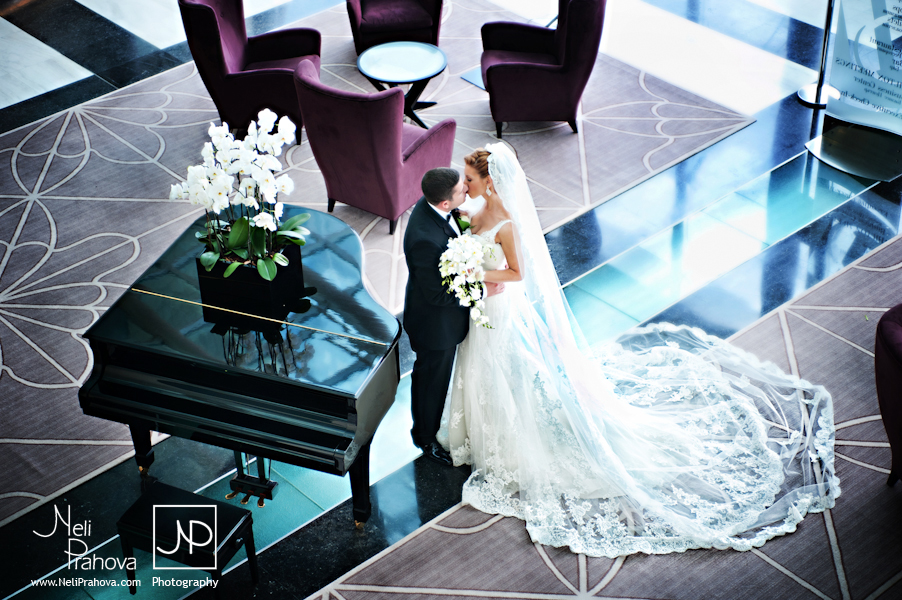A wedding is one of the important ceremonies imaginable.
Whether it is formal or informal, traditional or modern, beautifully chosen music can add significantly to the character and atmosphere of any ceremony.
A celebrant can contribute greatly here. Although these are my thoughts, obviously each person will have their own preferences. I don’t expect this to meet everybody’s taste!
Music – when?
Quite often, music is played before the ceremony begins. It can be ambient and isn’t usually overpowering. Then, you can expect to hear the music that marks the arrival of the bride (and train, if any). This may well have significance to the couple.
The same goes for the Recessional (when the couple walk out at the end), although this music may well be louder and more upbeat.
Potentially, there could be music during the ceremony, but this tends to be unusual. However, if there is a signing of the Register (towards the end), that is a potential slot for music. Works by Baroque or Classical composers’ (eg Bach, Handel, Beethoven) are often played during the signing. These pieces need to last long enough (at least five minutes) to avoid a potentially uncomfortable silence.
Music – which?
Commonly, wedding marches are played at the Processional and Recessional. Classical music is popular then, but it does not have to be classical, of course. You can have any genre, depending on the wishes of the couple. Indeed, there may be good reasons to choose music from other cultures, and this can be fascinating as well as moving for guests.
Music – how?
Live music can make a ceremony very special indeed. It can be quite costly, of course, but, as long as musician(s) and the celebrant agree beforehand when the music is going to be played, this can be a lovely touch.
Modern technology offers far more possibilities and is often cheaper. A lot of reliance may need to be placed on both the audio equipment and the operator.
To ensure smooth running of the ceremony, a rehearsal (with musicians/audio equipment) can be recommended, although responsibility for paying for this would be the couple’s.
Music – why?
Music heightens the emotions and gives meaning to the moment. Of course, it can mask “dead time”. More importantly, it will help bring about a wonderful feel-good sensation and contribute to ensuring that the ceremony is memorable for all the guests and a highlight of the couple’s life together.
Photo: Neli Prahova.

